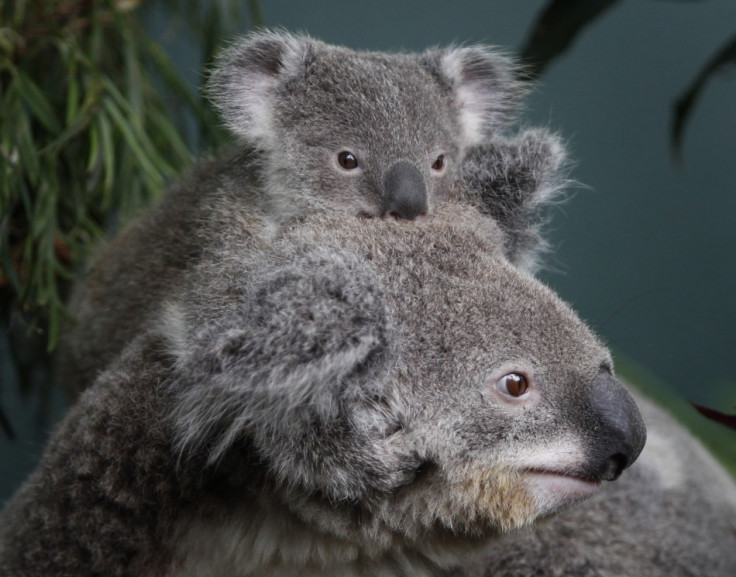Koala Bear Listed as Threatened Species

As Koala bears number has plunged deeply in Australia, the country says the species is vulnerable and added to its national list of threatened species.
The iconic species of the island has been seeing a dramatic decrease in recent times and the numbers have fallen by 40 per cent in the state of Queensland and by a third in New South Wales (NSW) in the last 20 years.
The measure has come after a three-year study conducted by the Threatened Species Scientific Committee. However, the report suggests that bears are growing in numbers in some other parts of the country.
"Koalas are an iconic Australian animal and they hold a special place in the community. In Victoria and South Australia, Koalas have actually been in such high numbers they've been eating themselves out of habitat."
"There's what you call population control measures going on there...like sterilisation. But in places like NSW and Queensland, their numbers have been taking a massive hit," Australia's environment minister Tony Burke said in a statement.
Meanwhile, the environmentalists say the move is only a partial-measure and the government should have nationalised it. The government justified the partial move by saying the numbers were dwindling only in some regions and not in the whole country.
According to the BBC report, although Deborah Tabart of the Australia Koala Foundation hailed the decision, she said the move should have been made nationwide. Tabart added, "The koala is such an important tourist icon and such an important symbol to Australia"
"If someone wants to make a development, there is a tougher hurdle as a result of a species being endangered. That is what environmental legislation is designed to do," Burke added.
Urban expansion, vehicle hits, animal attacks are said to be the main reasons for the recent endangerment of Koalas.
The minister also added that $300,000 AUD (£192.4) have been allotted to find out more about the bears.
"This funding will be used to develop new survey methods that will improve our knowledge of the quality of koala using remote sensing, and help fill important data gaps to enhance our understanding and ability to protect the species," added Burke.
© Copyright IBTimes 2025. All rights reserved.




















